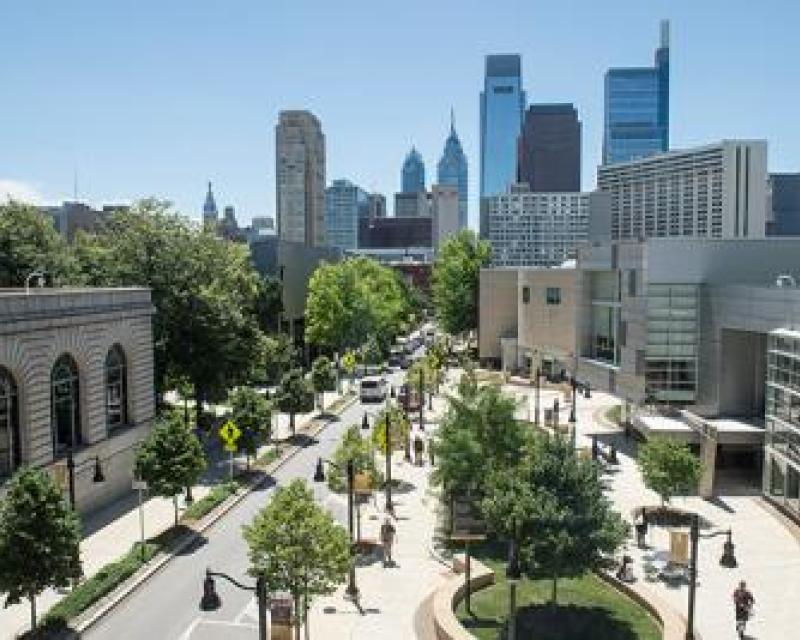-
Program Duration: Short-Term Program
-
Degree Type: Proficiency Certificate
-
Total Credit Hours: 14

About This Certificate
For those who are more inclined toward the technical side of theater, this certificate allows students to develop basic technical theater construction and design skills. You will learn to build and paint sets and demonstrate a knowledge of lighting, sound and theatrical design elements and techniques. The Technical Theater Proficiency Certificate will prepare you for a variety of backstage work in the theater and film industries, or you can continue your studies by applying your courses toward the A.A. degree in Theater.
Course Sequence

Launch Your Career as a Theatre Technician
- Media Technical Directors/Managers – est. salary $101,297
- Set and Exhibit Designer – est. salary $69,829
- Producers and Directors – est. salary $101,297
Career Outlook
Median Salary of a Set and Exhibit Designer
Number of Jobs in the Region
10-year Job Outlook in the Region for Set and Exhibit Designers
Set and Exhibit Designers
Design special exhibits and movie, television, and theater sets. May study scripts, confer with directors, and conduct research to determine appropriate architectural styles.
Starting Pay: $33,058

Typical Tasks
- Prepare rough drafts and scale working drawings of sets, including floor plans, scenery, and properties to be constructed.
- Develop set designs based on evaluation of scripts, budgets, research information, and available locations.
- Read scripts in order to determine location, set, and design requirements.
- Confer with clients and staff in order to gather information about exhibit space, proposed themes and content, timelines, budgets, materials, and/or promotion requirements.
- Collaborate with those in charge of lighting and sound so that those production aspects can be coordinated with set designs or exhibit layouts.
Explore Related Programs
Let's Get Started
